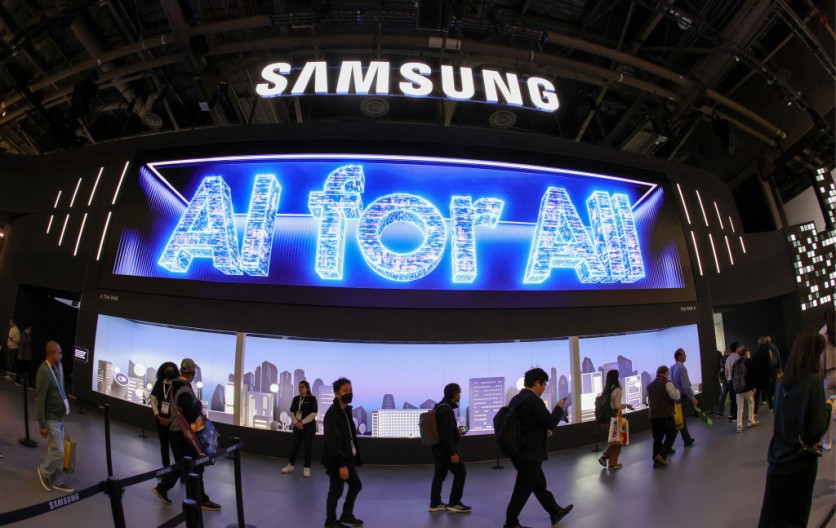The emergence of artificial intelligence (AI) hardware devices has recently gained popularity, with companies such as Humane AI, Meta, and OpenAI making significant advances in this rapidly evolving market.
In case you missed it, The Rabbit r1, unveiled by the Santa Monica-based AI startup of the same name at CES 2024, got plenty of attention alongside other innovations such as the Humane AI Pin and Rewind Pendant.

The Rabbit r1 and the AI Hardware Revolution
The Rabbit r1 positions itself as a standalone personal assistant, promising seamless interfacing with apps and the ability to perform complex tasks.
On the other hand, the Humane AI Pin is a wearable screenless, while the Rewind Pendant serves as a hands-free recorder and transcriber.
Meta's AI-powered Ray-Ban Wayfarers offer video and photo capabilities and use generative AI for real-time text translation and ethical sourcing information for clothing.
These devices, each with unique features, raise questions about their necessity in a world dominated by versatile smartphones.
Necessity vs. Innovation
Smartphones, while versatile, may not be adequate for all tasks, necessitating the development of new AI hardware with tailored input methods.
Custom hardware, such as the Rabbit r1, gives startups complete control over features, overcoming the limitations imposed by smartphones, particularly for AI applications that require extensive access.
However, many people are skeptical of the need for these new AI devices. XDA cautions consumers to take a cautious but open-minded approach, avoiding investing in "glorified prototypes" until products have been independently reviewed and tested to prove their worth.
Advancements in AI Hardware
In a recent report, Forbes tells us about the recent surge in AI development, citing significant advances in hardware, particularly in storage, processing speed, and cloud computing.
The report noted that data storage costs have dropped over time, making it more affordable and allowing Large Language Models (LLMs) like OpenAI's ChatGPT to store massive amounts of information.
Processing power has also seen significant improvements, critical for AI applications such as self-driving cars that require quick decision-making abilities.
Cloud computing, which provides access to vast amounts of data and processing power, has grown significantly, with a projected value of $849 billion by 2026.
AI Hardware: Necessity or Integration?
The question lingers: Are these new AI hardware products truly necessary, or can similar functions be seamlessly integrated into smartphones, which are already AI-powered?
Meanwhile, smartphone makers are incorporating more AI features into their products, recognizing the ongoing importance of these ubiquitous devices.
One of the most advanced smartphones of this year, the latest Galaxy S24 series is all about offering mobile AI, centering on massive features available.
As the industry continues to advance, the future of AI hardware devices remains a subject of anticipation and exploration.
Stay posted here at Tech Times.
Related Article :
Millions of Facebook Users Are at Risk of AI Bots in Messenger, Particularly Children - Security Experts Warn
Related Article : Millions of Facebook Users Are at Risk of AI Bots in Messenger, Particularly Children - Security Experts Warn





